British Ambassador to Vietnam Iain Frew emphasized this in an interview with The Gioi va Viet Nam Newspaper on the sidelines of the 4th Partnership for Green Growth and Global Goals (P4G) Summit held in Hanoi from April 14-17.
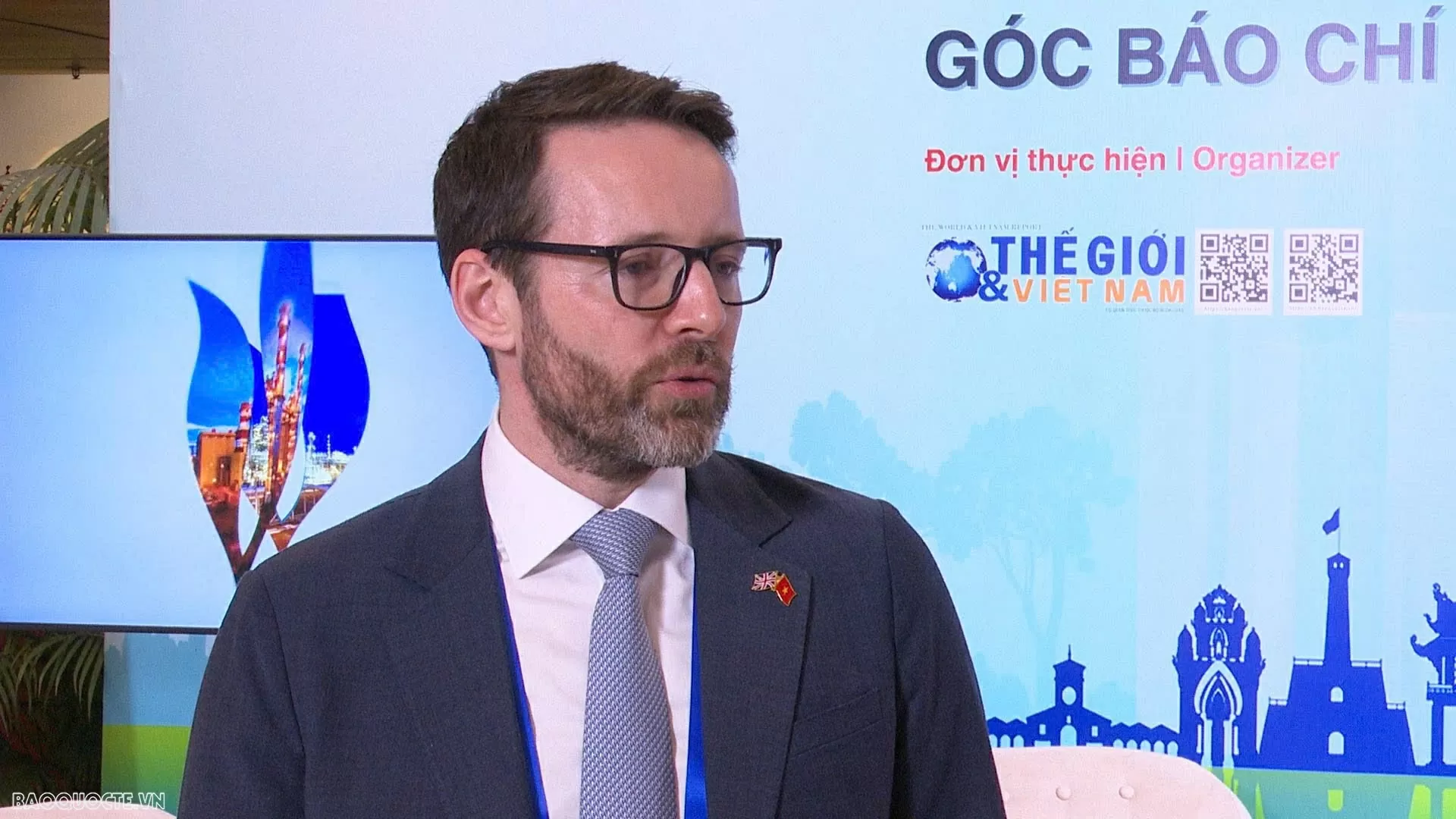 |
| British Ambassador Iain Frew affirmed that Vietnam is facing a golden opportunity to develop new industries based on green foundations, while opening up attractive job opportunities for the young generation. (Photo: Thanh Long) |
The world is entering a decisive phase of the green transition. How does the Ambassador assess Vietnam's efforts and progress on the journey towards sustainable development?
I see that Vietnam has made important strides in green transformation, contributing to building a sustainable development foundation for economic growth in the new era.
In particular, the commitments that Vietnam has made on the international stage on green development have also attracted much attention. The commitment to achieve net zero emissions by 2050 at the COP26 Conference in 2021 is a turning point, creating strong momentum for extensive reform efforts in key areas such as industry, agriculture, infrastructure and energy transition, thereby realizing the net zero emissions target in a practical way.
| Related News |
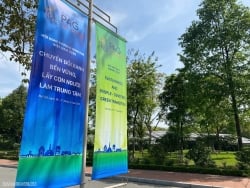 Indian media: Vietnam is becoming the focus of the world's dialogue on green growth Indian media: Vietnam is becoming the focus of the world's dialogue on green growth |
In practice, this means that Vietnam’s industrial sector is gradually reshaping itself towards a greener direction, attracting new investment flows into clean technology sectors, while ensuring that the energy transition becomes the foundation for future green growth. Therefore, Vietnam has made strong commitments and started with positive steps.
However, the road ahead is still long and I believe that promoting deeper cooperation with international partners will be key for Vietnam to fully realize its potential in this process.
In the journey ahead, how can we transform Vietnam's potential and opportunities into strategic advantages and breakthroughs in the future?
I believe that the potential for Vietnam to benefit from the green transition is huge. This is based on the strong economic growth that you have achieved in recent times, from attracting investment, connecting and integrating deeply with the world.
On that basis, Vietnam has a great opportunity to become an attractive destination in the eyes of international investors and consumers - who increasingly place their trust in countries with strong commitments and clear "green records". They want to know that the products, companies and factories they invest in will operate sustainably and be able to adapt to the future.
In addition, Vietnam is in a favorable position. The future of investment flows will certainly be closely linked to the criteria of sustainable development. The energy sector is a typical example, with a 3,200 km long coastline and an average of 100 hours of sunshine per year, Vietnam has great potential for offshore wind and solar power development.
Currently, the S-shaped country has taken its first steps, but the room for development is still very open. If we can make good use of these advantages, Vietnam can not only achieve the goal of energy self-sufficiency, but also have the potential to become an energy exporter in the region and the world.
In addition, I believe that Vietnam is facing a golden opportunity to develop new industries based on green platforms, while opening up attractive job opportunities for the young generation - those who are being trained in educational institutions today and will be the core force for sustainable development in the future.
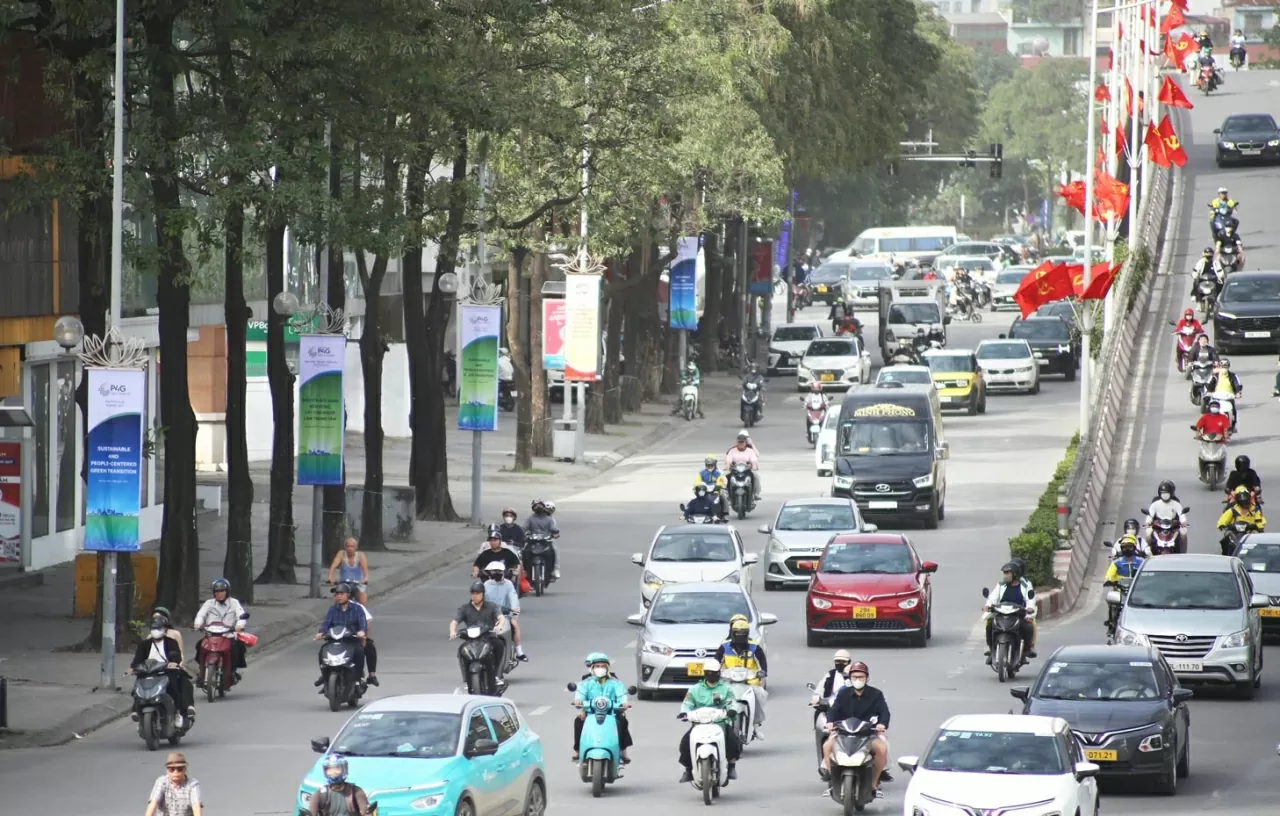 |
The P4G 2025 Summit's focus on the human element is completely correct and visionary, emphasizing that all our actions need to be directed towards the community, towards the family, towards each individual. (Photo: Jackie Chan) |
Yes, it is clear that Vietnam has a lot of room and golden opportunities, as you mentioned. However, there are still barriers on the journey towards green and sustainable development. So what is the solution to overcome those challenges?
Green transition is a difficult journey, not only for Vietnam but also for many countries around the world. And in part, this is also the reason why we have the P4G Summit today - where countries come together to share experiences and commit to action. Because only by acting together can we solve these global challenges.
In Vietnam, one of the major obstacles is how to attract investment capital into key areas of green growth. To do that, the country needs to create a favorable investment environment, with clear, transparent and attractive legal frameworks for investors.
This is a very important factor for Vietnam. I see that in some areas, Vietnam has made very positive developments, typically building a legal framework to attract investment in rooftop solar power or sustainable infrastructure. However, to maintain that momentum, continuing to improve the system of regulations and policies is essential.
Besides capital and policy issues, skills are also a potential barrier. We need engineers, experts and workers in all fields to be fully equipped with knowledge and skills to adapt to green ambitions. In other words, education and training must be one step ahead, accompanying the green vision that Vietnam is pursuing.
In short, to move quickly and steadily on the green transformation path, Vietnam needs three factors at the same time: Capital flows, appropriate policy frameworks and high-quality human resources.
In the context of green transformation becoming a global priority, how can Vietnam exploit and expand cooperation with international partners, including the UK, to realize sustainable development goals?
Green transformation is not just about building physical infrastructure, but also about how people interact, operate and benefit from those changes. Therefore, the focus on the human factor at the P4G 2025 Summit in Hanoi is completely correct and visionary. This emphasizes that all our actions need to be oriented towards the community, the family, and the individual.
Therefore, we need to work harder to come up with innovative solutions and learn from each other. Today, we have heard many shares from delegates from Latin America, the Middle East, Africa, Europe… and all have the same commitment, which is how to bring practical benefits to the people.
In fact, Vietnam has been proactively implementing many effective forms of cooperation in green transition. A typical example is the Just Energy Transition Partnership (JETP), which was mentioned by many leaders at the Conference. This is a valuable opportunity for Vietnam to take advantage of the huge international financial capital and expertise that is ready to be poured into the field of energy transition. It can be said that Vietnam is fully capable of taking advantage of this opportunity to strongly promote its sustainable development process.
In addition, Vietnam also has strengths in international trade - something that the UK strongly supports and shares. We also hope that bilateral trade agreements will not only promote the exchange of goods, but also become a catalyst for more sustainable production and business activities.
Take the pharmaceutical industry, for example, which is a key area of investment for British companies in Vietnam. Sustainability in pharmaceutical manufacturing is not just about environmentally friendly packaging but also about the use of clean energy in factory operations. These factors need to be integrated into bilateral trade and investment dialogues.
I am pleased to see the private sector taking the lead in this area. For the green transition to be truly effective, Vietnam needs to strengthen close coordination between the government and businesses. That is the key to realizing green commitments in a sustainable and comprehensive manner.
Thank you Ambassador!
Vietnam will host the fourth Partnership for Green Growth and the Global Goals (P4G) Summit from April 14-17. This is a multilateral cooperation mechanism initiated by Denmark in 2017 and has the participation of 8 other member countries: Vietnam, Korea, Ethiopia, Kenya, Colombia, the Netherlands, Indonesia, South Africa and 5 partner organizations: World Resources Institute (WRI), Global Green Growth Institute (GGGI), C40 network (C40 cities), World Economic Forum (WEF) and International Finance Corporation (IFC). P4G has gone through three Summits hosted by Denmark, South Korea and Colombia, aiming to promote public-private partnerships and create a coalition of political leaders to implement the Paris Agreement on climate change and the 2030 sustainable development goals. |
Source: https://baoquocte.vn/dua-canh-buom-xanh-cua-viet-nam-ra-khoi-cung-the-gioi-311542.html


![[Photo] General Secretary To Lam meets and expresses gratitude to Vietnam's Belarusian friends](https://vphoto.vietnam.vn/thumb/1200x675/vietnam/resource/IMAGE/2025/5/11/c515ee2054c54a87aa8a7cb520f2fa6e)
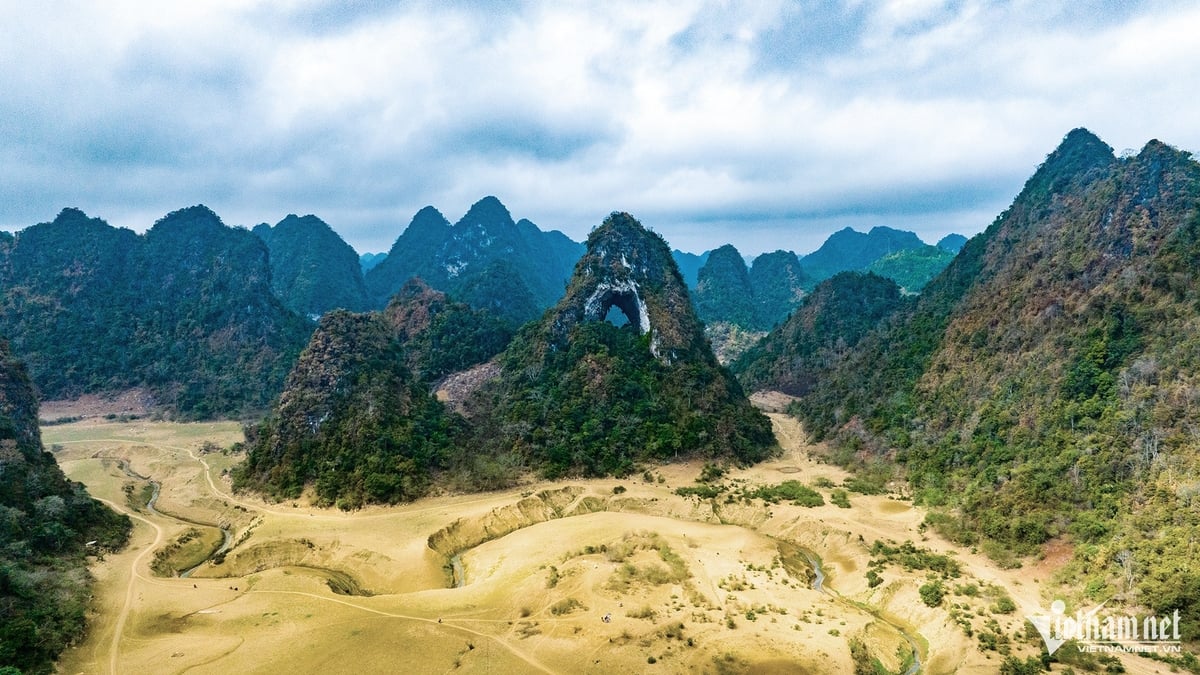

![[Photo] General Secretary To Lam arrives in Minsk, begins state visit to Belarus](https://vphoto.vietnam.vn/thumb/1200x675/vietnam/resource/IMAGE/2025/5/11/76602f587468437f8b5b7104495f444d)


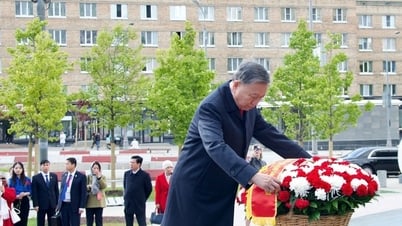
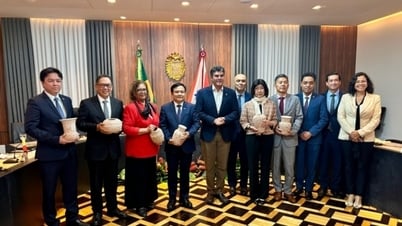
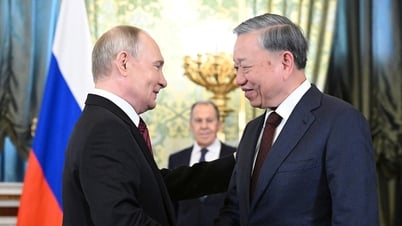
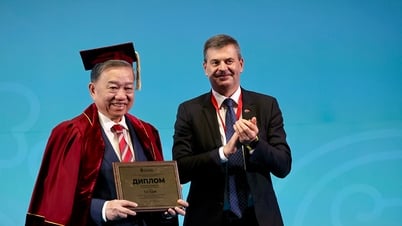

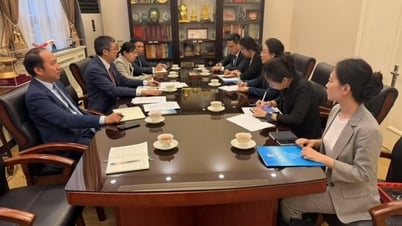







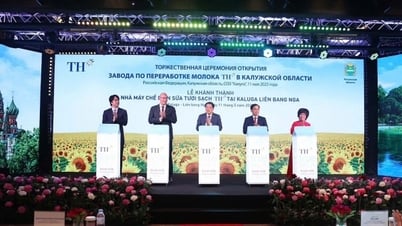


![[Photo] General Secretary To Lam concludes visit to Russia, departs for Belarus](https://vphoto.vietnam.vn/thumb/1200x675/vietnam/resource/IMAGE/2025/5/11/0acf1081a95e4b1d9886c67fdafd95ed)






























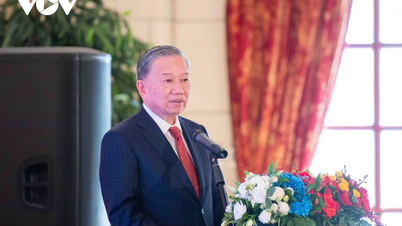

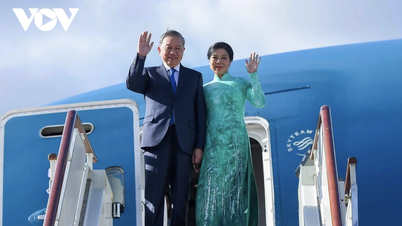
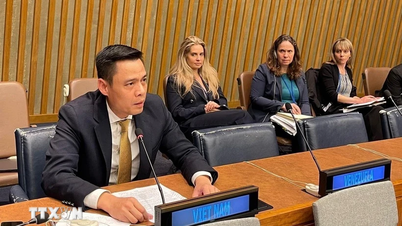















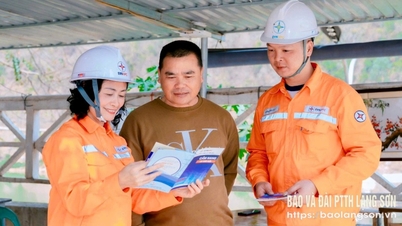





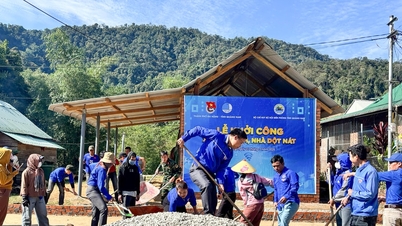

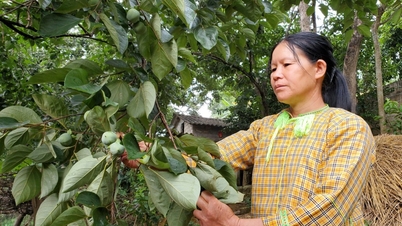











Comment (0)